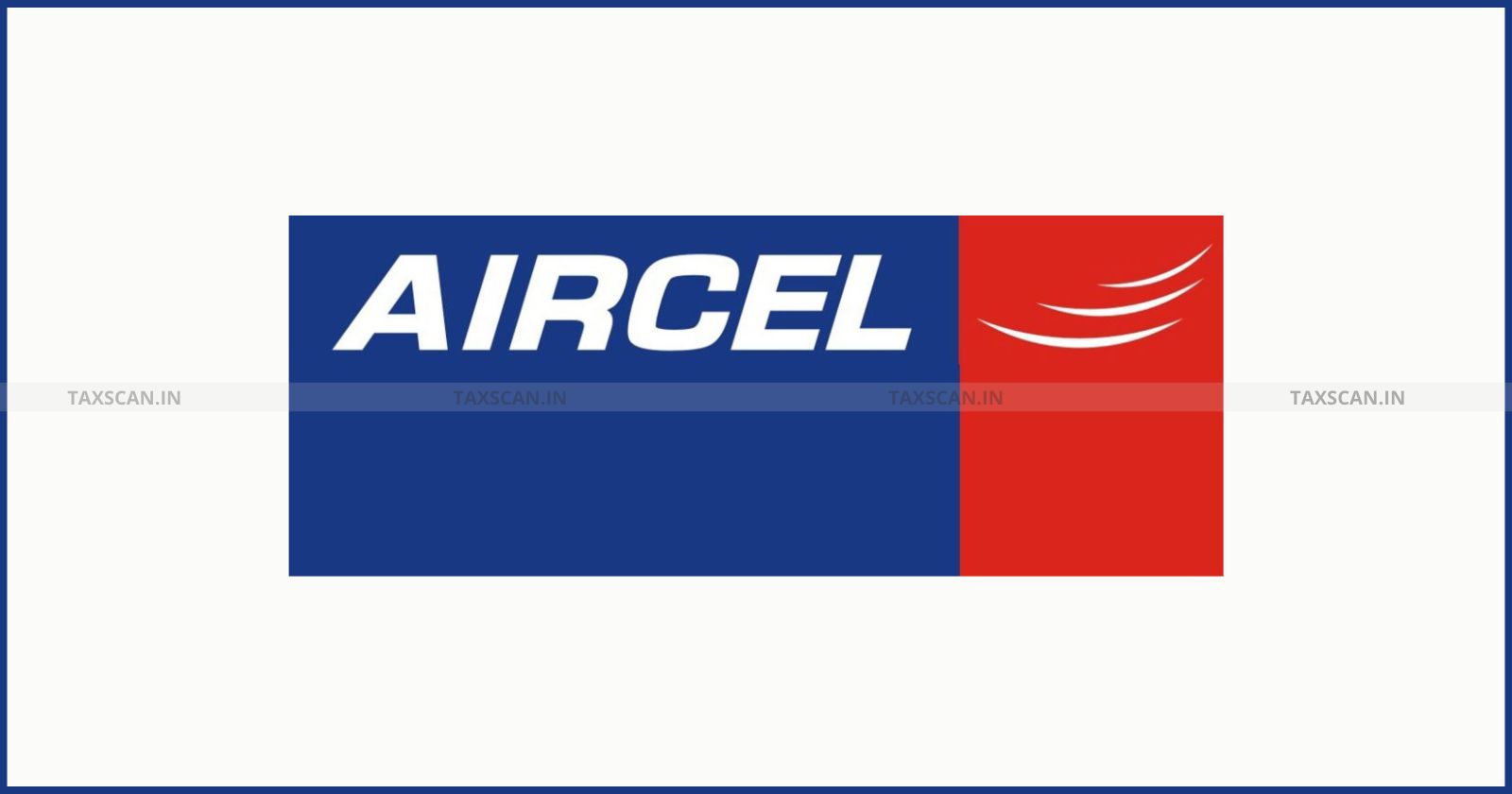Setback to CEAT: CESTAT Denies CENVAT Credit Utilisation of AED(GSI) for Pre-2000 Liabilities [Read Order]
CESTAT held that CEAT Limited cannot use AED(GSI) credit paid in 2006 to offset excise duty on goods manufactured before April 1, 2000
![Setback to CEAT: CESTAT Denies CENVAT Credit Utilisation of AED(GSI) for Pre-2000 Liabilities [Read Order] Setback to CEAT: CESTAT Denies CENVAT Credit Utilisation of AED(GSI) for Pre-2000 Liabilities [Read Order]](https://images.taxscan.in/h-upload/2025/06/23/2053089-setback-to-ceat-ceat-cestat-cestat-denies-cenvat-credit-cenvat-credit-taxscan.webp)
The Mumbai Bench of the Customs, Excise, and Service Tax Appellate Tribunal (CESTAT) has ruled that CEAT Limited is not entitled to utilise CENVAT credit of Additional Excise Duty (Goods of Special Importance), or AED(GSI), paid in 2006 for the purpose of paying Basic Excise Duty (BED) on goods manufactured before April 1, 2000.
CEAT Limited, the appellant, is a manufacturer of tyres. The company used Dipped Nylon Tyre Cord Fabrics (DNTCF) as an input and did not pay AED(GSI) on it during the period from March 16, 1995, to June 2, 1998, as it had classified the product differently. This classification was later rejected by the Supreme Court, which ruled in favour of the revenue, confirming that AED(GSI) was payable on the input.
 Also Read:Setback to Aircel Ltd: CESTAT Rules Refund Appeals Non-Maintainable After IBC Resolution Plan Approval [Read Order]
Also Read:Setback to Aircel Ltd: CESTAT Rules Refund Appeals Non-Maintainable After IBC Resolution Plan Approval [Read Order]
Following the ruling, CEAT paid AED(GSI) amounting to Rs. 6.59 crore in June 2006. The company took credit of this duty in its CENVAT account and utilised the same to pay Basic Excise Duty on clearance of tyres in April and May 2007. The department issued a show cause notice in July 2007 alleging that this utilisation was ineligible because the duty payment related to a period prior to April 1, 2000. The Commissioner of Central Excise confirmed the demand and imposed a penalty of Rs. 50 lakh. CEAT challenged the order before the Tribunal.
GST on Real Estate & Works Contracts – Your Ultimate Guide to GST in the Real Estate Sector!, Click Here
The appellant’s counsel argued that the CENVAT credit was correctly taken because the AED(GSI) was actually paid in June 2006, which was after the cut-off date of April 1, 2000, mentioned in the CENVAT Credit Rules. They argued that there was no legal requirement for the underlying duty to both arise and be paid after April 1, 2000. They also referred to Tribunal decisions in the cases of Goodyear India Limited and Apollo Tyres Limited, where such credit was permitted.
 Also Read:Mere booking of income as service charge in their balance sheet would not Transfer entire amount to a single activity under ‘Business Auxiliary Services’: CESTAT
Also Read:Mere booking of income as service charge in their balance sheet would not Transfer entire amount to a single activity under ‘Business Auxiliary Services’: CESTAT
The revenue counsel argued that amendments made to the CENVAT Credit Rules by the Finance Act, 2004 and Finance Act, 2005 clearly stated that only AED(GSI) that was both leviable and paid after April 1, 2000, could be used for paying other duties like BED. They pointed out that the tax liability in CEAT’s case pertained to a period long before the cut-off date, and that permitting credit based only on the date of payment would defeat the intention behind the law.
The two-member bench comprising S.K. Mohanty (Judicial Member) and M.M. Parthiban (Technical Member), observed that even though CEAT paid the duty in 2006, the payment was for inputs used during 1995 to 1998. The tribunal held that the conditions under the amended law required the duty to be both leviable and paid after April 1, 2000. Since CEAT did not meet both conditions, it was not eligible to use the credit for paying BED on final products.
The tribunal explained that once Parliament enacts a retrospective restriction, it becomes binding unless set aside by a competent court. It also rejected CEAT’s reliance on Rule 3(7)(b) of the 2004 Rules, stating that the relevant provision in this case was Rule 3(6)(b) of the 2002 Rules, as modified by the Finance Acts. The tribunal held that the explanation to the rule, as amended, must be read to mean that the duty must have been “leviable and paid” on or after April 1, 2000.
The tribunal ruled that CEAT had wrongly utilised the CENVAT credit and upheld the demand of Rs. 6,59,36,795 along with interest and penalty. The appeal was dismissed.
Support our journalism by subscribing to Taxscan premium. Follow us on Telegram for quick updates


